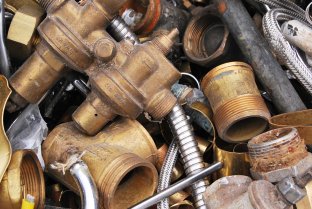Buy and Sell Salvage
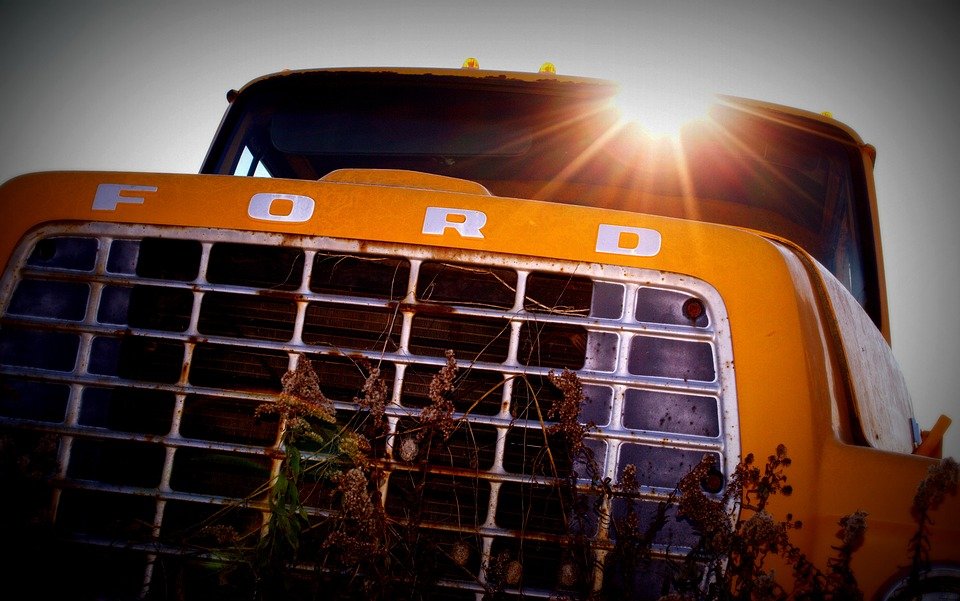
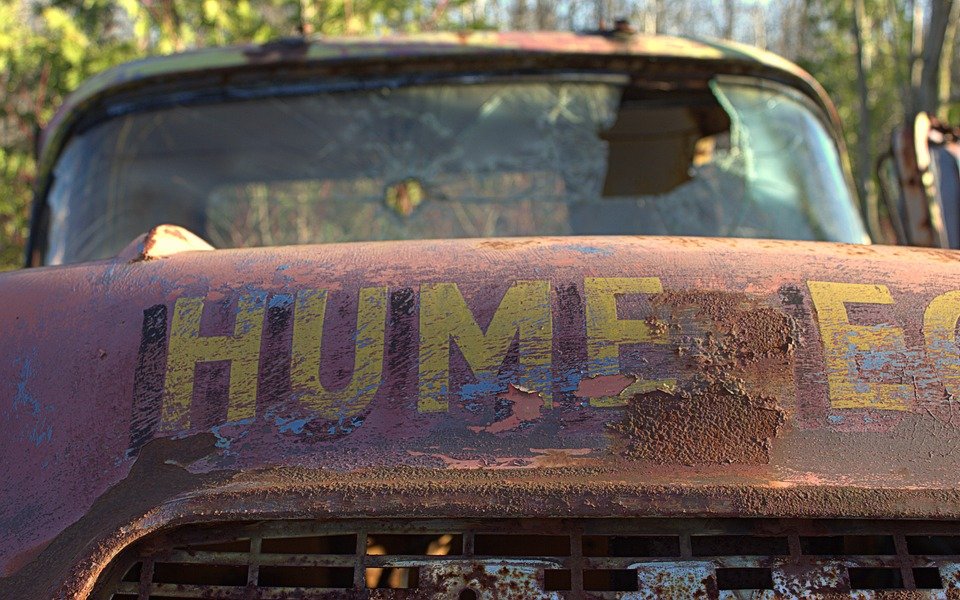
Buying Salvage Titled cars and selling them after fixing is a common practice. Some vehicles after accident, fire, flood, or hail are considered a total loss. However, people buy the salvage cars from the insurance companies and decide to fix them anyway. Dismantlers and rebuilders are actively buying the Salvage cars.
Department of Motor Vehicles (DMV) issues a Salvage Title after performing the checks. The owners can then sell the Salvage Car at a reasonable price. After rebuilding, one can choose to convert the Salvage title to a regular title.
Salvage cars are bought even by some of the local dealers and sold to the local customers after making the modifications. Major cities have ongoing salvage car auctions which owners can bid online and drive them to nearby small towns. Rental fleet owners buy the salvage cars and run them for their car rental business. Salvage car is a good option for high school and college students who cannot afford a high-end new car or used car.
The cost of repairing a salvage car is considerably lesser than the resale value or rental maintenance value. However, selling a Salvage title car for an exchange with a dealer can be challenging. Salvage cars have often modified parts, odometer, and other fixes and hence cannot be valued as per the Kelley Blue Book.

Buying and Selling Salvage vehicles is very cost effective. Mechanics and dealers who are familiar with automobiles are willing to take the risk of buying Salvage cars. They find fixing the cars interesting with minimum cost and time. As a result, they are able to bring the vehicle back to normalcy.

While fixing the Salvage cars, one should take care that the original Vehicle Identification Number (VIN) is not destroyed in the process. If any part is replaced, original bills are required for DMV records. All changes must be listed if one is willing to convert the Salvage title to regular title.
Salvage cars can also be used for experimental purposes such as converting to hybrid electric cars. With minor modifications, Salvage cars can accomodate eCarChargers. Small businesses can use the Salvage cars to promote their business by applying the brand graphics on them.
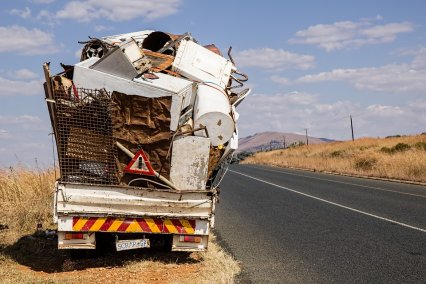
Buying and Selling Salvage vehicles is beneficial for the buyer, rebuilder, and seller in terms of cost. Car dismantlers use the Salvage car parts for other cars. The parts which are useful can be reused in repairing other vehicles. Discarding the junk is also done in a proper manner to eliminate the harm to the nature and reduce burden to the city.
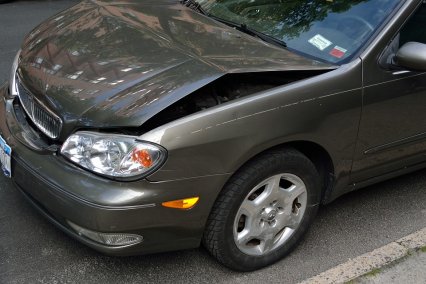
Salvage cars are not as bad as they seem. After making the minor cosmetic fixes and repairs, they run normally unless there is some major damage such as engine failure or hurricane flooding. The rebuilder must make sure that the labor and material cost do not exceed the profits.
Salvage vehicles have some risks associated with them. Repairs performed are not often mentioned and sometimes the entire odometer itself is replaced. Original parts are often substituted with similar parts which may always not work as expected.
Reselling the Salvage car is a challenge as there is no proper history of the owners. Major dealers are not willing to trade a Salvage rebuilt car for exchange. Buyers are biased and reluctant to buy the Salvage cars.
Most Salvage cars are sold as-is. After selling a Salvage car, the new owners may face immediate problems and cannot be fixed. Re-repairing a Salvage car ends up as a costly affair. Some flooded cars also end up as rebuilt cars which is a huge loss for the buyer. Insurance companies are unwilling to cover the Salvage rebuilt cars and even if they are covered, the owners will be charged high premiums.
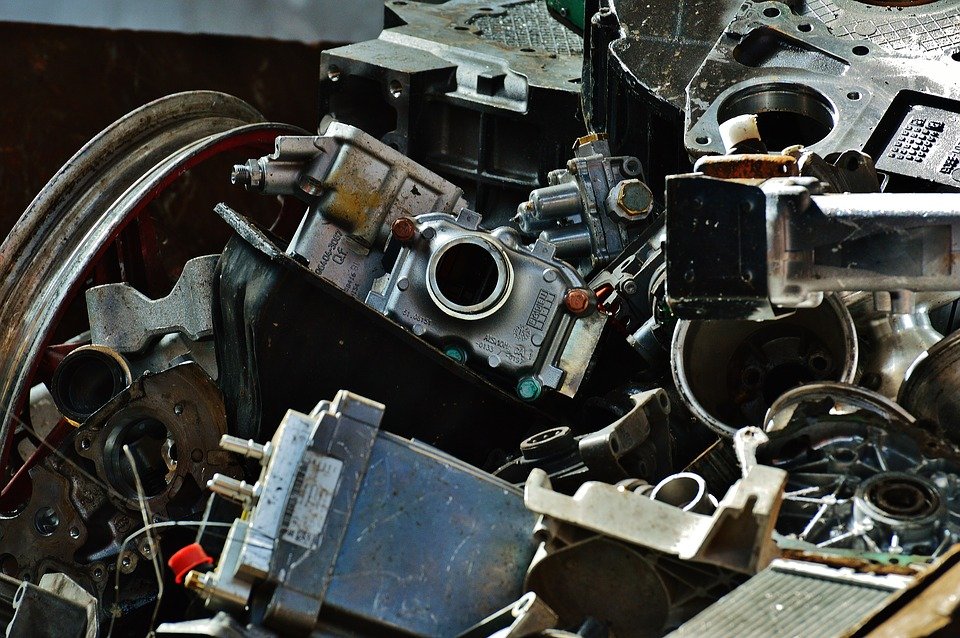
Buying and Selling Salvage vehicles can be beneficial by following certain tips and best practices:
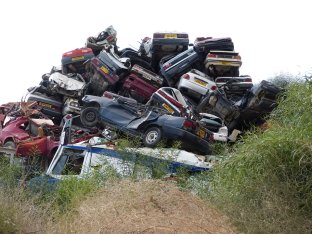
Asking the right questions and negotiation are key while buying Salvage cars.
